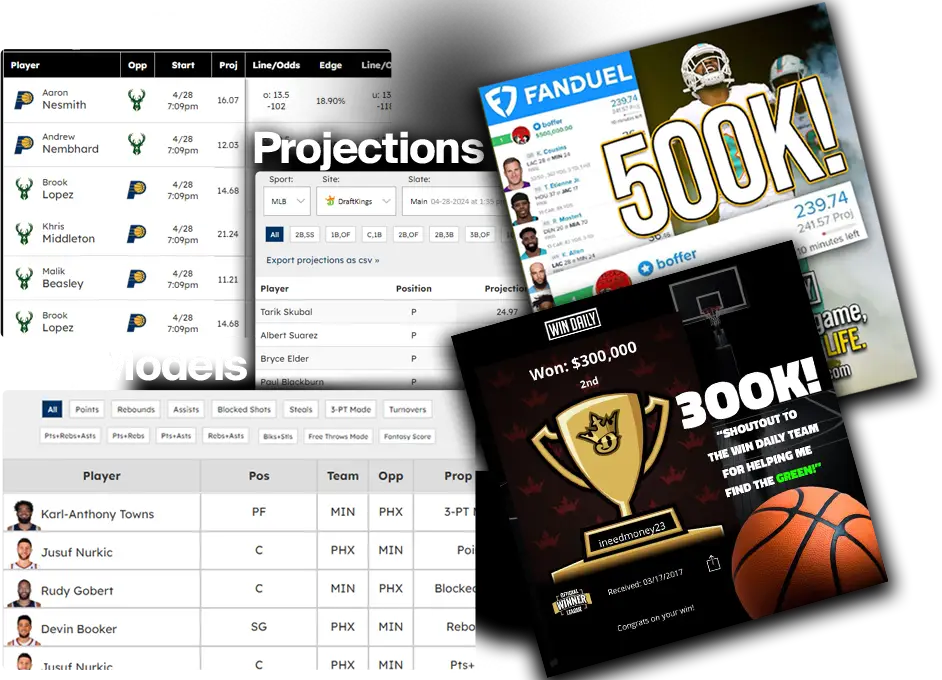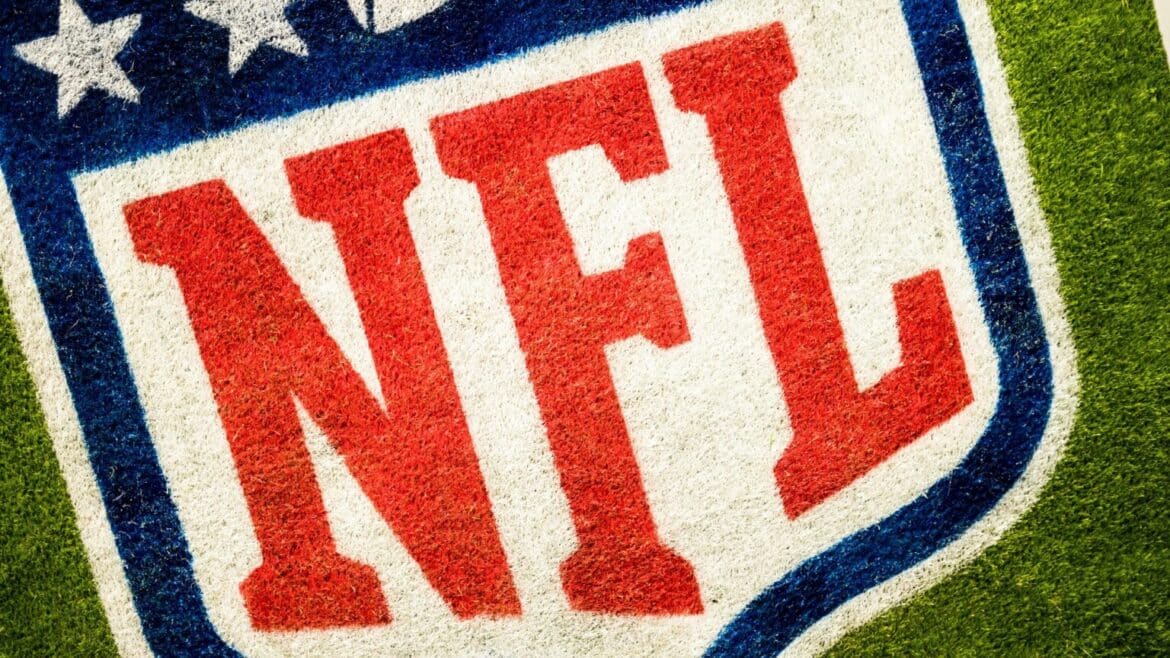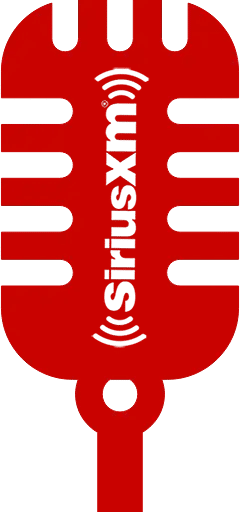The National Football League Players Association (NFLPA) is pressing legal action against DraftKings, claiming the sports betting giant has reneged on its payment obligations related to a NFT licensing agreement. DraftKings, which had licensed the intellectual property of over 2,000 NFL players for its now-discontinued Reignmakers product, reportedly ceased payments on July 30, a day after announcing the product’s shutdown.
In 2021, DraftKings secured rights to NFL players’ likenesses for its Reignmakers game, which combined elements of daily fantasy sports with NFT trading. However, the NFLPA contends that DraftKings’ inability to profit from these NFTs does not excuse it from fulfilling financial commitments. The players’ union is now seeking approximately $65 million in damages, pointing out that this figure represents around four times the total compensation of DraftKings’ top five executives since the agreement was signed.
The legal dispute, filed in the Southern District of New York, highlights DraftKings’ invocation of a contract clause that allows termination of the agreement if a regulatory body deems the products securities—a point triggered by a Massachusetts District Court decision. However, the NFLPA argues that this ruling does not justify terminating the contract as it does not directly address the securities status of the products.
DraftKings cited “certain legal developments” as its reason for halting the Reignmakers project, also noting ongoing civil lawsuits and regulatory inquiries into the product. But the NFLPA’s lawyers maintain that such developments do not provide grounds for contract termination, accusing DraftKings of trying to back out of the deal due to a downturn in the NFT market.
This lawsuit underscores the volatile nature of the NFT market and the risks companies face when entering rapidly evolving digital domains. The outcome of this case could have significant implications for how licensing agreements are structured and enforced in the world of digital assets and sports marketing.






